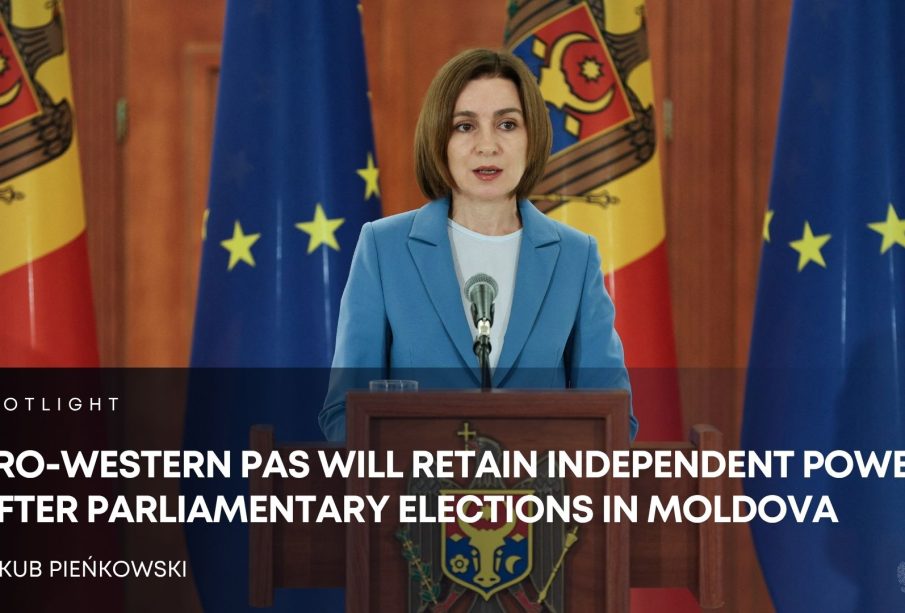What to Expect in the Moldova Elections 2025

Introduction
The upcoming Moldova elections in 2025 represent a significant moment for the small Eastern European country, which has recently been navigating a tumultuous political landscape. With increasing tensions stemming from the influence of Russia and the aspirations towards European integration, the elections will play a crucial role in determining the future direction of Moldova. These elections not only test the democratic processes within the nation but also reflect broader geopolitical dynamics affecting the region.
Current Political Landscape
Moldova has experienced substantial political shifts in recent years, including the resignation of several prime ministers and ongoing public protests demanding reform and accountability. The political scene is likely to be defined by the performance of major parties such as the ruling Action and Solidarity Party (PAS) and the opposition Socialist Party. Analysts predict increased fragmentation of the political landscape, with the possibility of new parties emerging to contest the election.
Key Issues at Stake
Several pivotal issues are anticipated to dominate the electoral discourse. Economic instability remains a top concern, exacerbated by the COVID-19 pandemic and energy crises. The electorate is likely to focus on the candidates’ ability to improve living standards, tackle corruption, and ensure national security amid regional tensions, particularly with the ongoing war in Ukraine. Moreover, the debate on Moldova’s integration into the European Union versus maintaining ties with Russia will be a defining narrative leading up to the elections.
Potential Candidates
As the election date approaches, potential candidates are beginning to emerge. President Maia Sandu, representing the Action and Solidarity Party, is expected to seek re-election, focusing on her government’s reform agenda. However, factions from both the leftist and centrist parties may challenge her, leading to a competitive race. The candidacy of former president Igor Dodon from the Socialist Party will likely add another layer of complexity to the electoral dynamics.
Conclusion
The Moldova elections in 2025 are not merely an event of national significance but carry implications for the entire region. As Moldova grapples with the realities of its identity—caught between East and West—the decisions made at the ballot box will resonate beyond its borders. Stakeholders, including the European Union and Russia, will closely monitor these elections, as the outcome may significantly alter Moldova’s foreign policy trajectories and internal governance. As such, citizens and observers alike hold a vested interest in the electoral process and its potential ramifications.









